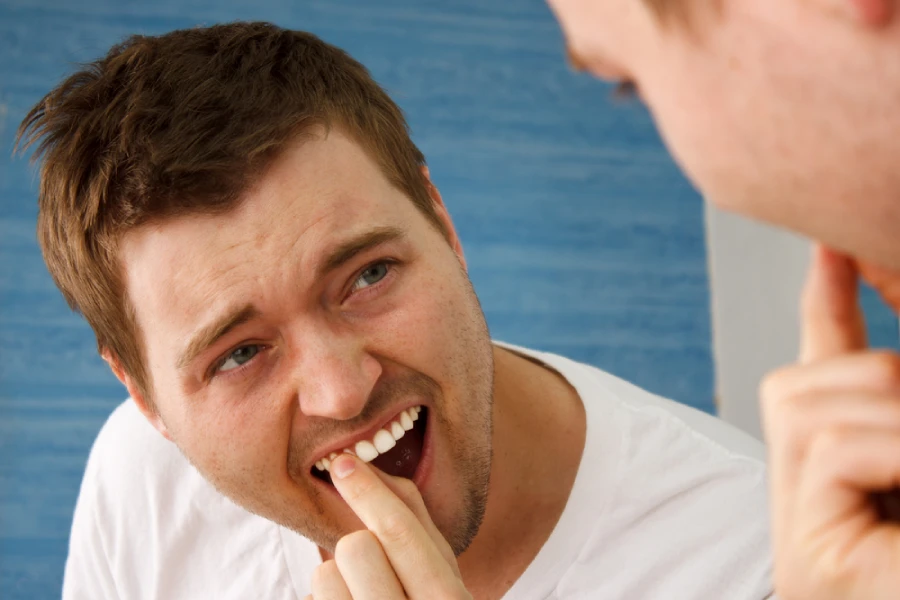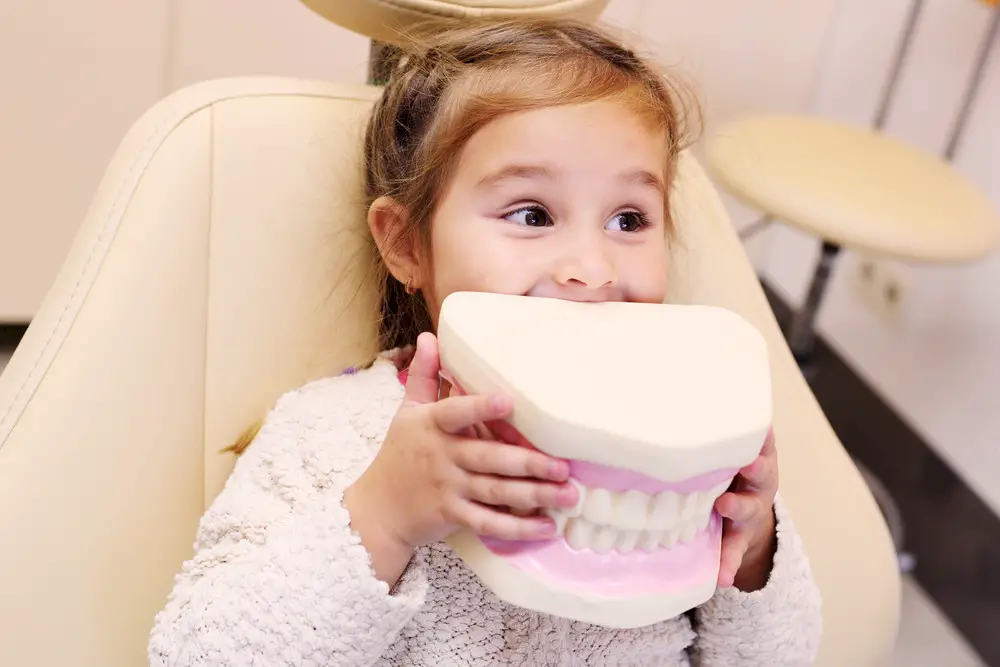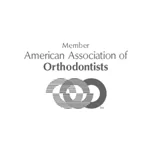Blog Summary:
Wondering if adult teeth can really fall out? They can—and often for preventable reasons. Here’s what you need to know at a glance before diving into the full article.
- Adult teeth can fall out due to trauma, gum disease, tooth decay, or smoking.
- The top three causes of loose teeth in adults are untreated cavities, periodontitis, and tobacco use.
- Avoid wiggling or pulling a loose tooth—see a dentist as soon as possible instead.
- Rinsing with salt water, eating soft foods, and wearing a nightguard can help stabilize a loose tooth temporarily.
- Prevent tooth loss with daily brushing and flossing, regular dental visits, and managing chronic health conditions like diabetes.
- Tooth loss is linked to decreased quality of life and increased health risks—protect your smile with proactive care.

Your adult teeth are here to stay forever…usually, that is. Under certain circumstances, permanent teeth can and do fall out.
Sometimes, adults lose teeth due to injury-related trauma, such as falling and hitting the mouth while playing sports (this is a common cause of a loose front tooth in adults). Other times, they lose teeth due to advanced-stage gum disease (periodontitis), or bad oral health habits, like smoking.
So, how do you avoid this unfortunate situation? Let’s uncover why adults loose teeth and what to do about it.
Why is My Adult Tooth Loose?
The three most common reasons for a loose adult tooth, according to the CDC, are:
- Tooth Decay (Cavities): Cavities are a leading cause of tooth loss because when the tooth decays enough, without being treated with a filling, onlay, crown, or other method of stopping further progression, the pulp and roots of the tooth can eventually start to decay and become infected, loosening the tooth enough for it to fall out. This usually only happens when cavities are left untreated, however, which is why it’s so important to get annual dental exams and treat any cavities that have developed since your last visit.
- Periodontitis (Gum Disease with Associated Bone Loss): Gum disease happens in stages. The first stage is known as gingivitis, a mild and reversible form of periodontal disease found in 90% of the population. Periodontitis, on the other hand, which itself is classified into four stages (initial, moderate, severe with the potential for additional tooth loss, and severe with the potential for loss of dentition), is chronic and irreversible.
- Smoking: Smoking tobacco is one of the biggest risk factors for losing adult teeth because it damages both the gum tissue and weakens the bone structure of the teeth. Smokers have twice the risk of gum disease as non-smokers.
More often than not, tooth loss is caused by preventable factors, given that most cavities and gum disease occur from a long-term lack of good oral hygiene. Other modifiable risk factors associated with tooth loss are diabetes mellitus and pregnancy.
Meanwhile, non-modifiable risk factors, like age and heredity, including genetic diseases, do play a role in the development of tooth loss in adults, although a much smaller one.
What to Do About a Loose Tooth Before it Falls Out
Swelling and bleeding of the gums, wobbly teeth, and pain are common symptoms of a loose tooth. So, what do you do if you find yourself experiencing any of these things?
First off, don’t start Googling “how to remove a loose tooth in adults” or attempt to take the tooth out yourself. And don’t put off seeing a dentist ─ that will only make things worse.
Do avoid biting with the tooth if at all possible and avoid wiggling it. Try to eat soft foods. Rinse with salt water regularly to reduce inflammation. If you grind your teeth, wear a mouthguard, especially at night.
Suffering from what might be the beginning of a loose tooth or a tooth that is fully loose? Book an appointment at The Super Dentists now.
How to Keep Your Adult Teeth Strong (Preventative Care)
The link between dental health and overall health is incontrovertible. It’s been proven that people with more missing teeth have a poorer quality of life and even a higher risk of premature death than those with less or no missing teeth.
Thankfully, preventing tooth decay (cavities) and periodontitis (gum disease) is relatively easy by 1) developing consistent healthy oral hygiene habits at home, such as daily brushing and flossing, and 2) going to the dentist regularly for checkups and cleanings.
The CDC also recommends limiting intake of sugary foods and beverages and talking to your healthcare provider about any chronic conditions you may have (i.e. diabetes or HIV) that may increase your risk of tooth loss.
Get Super Care for Your Loose Adult Teeth
Noticing a loose adult tooth? Schedule an appointment with The Super Dentists! Find a location near you and book an appointment now.










